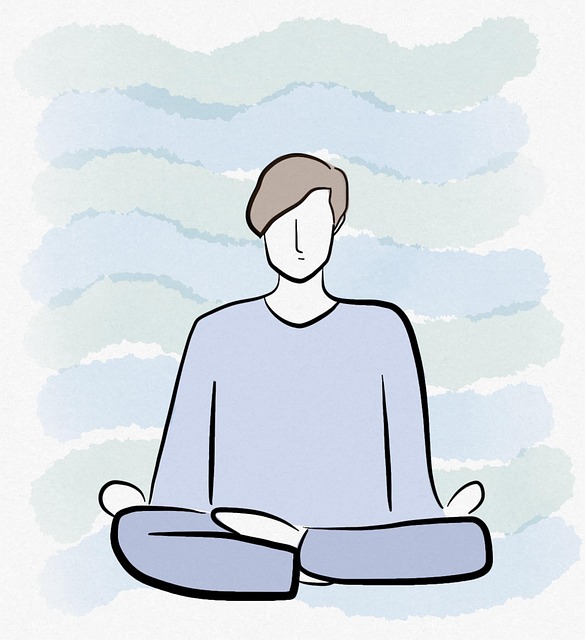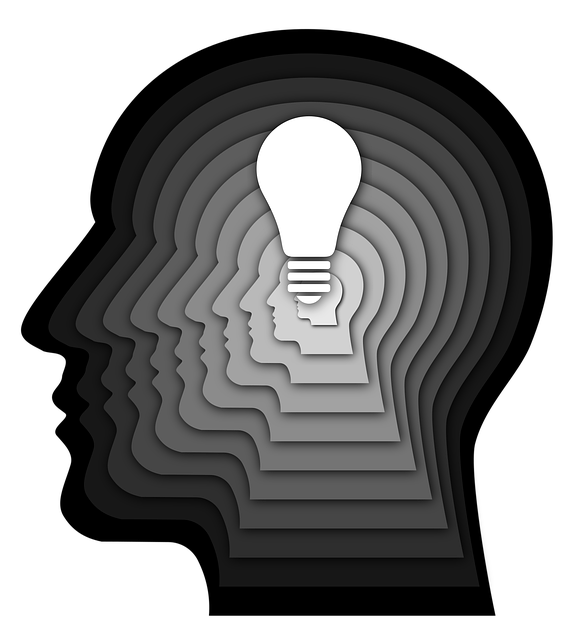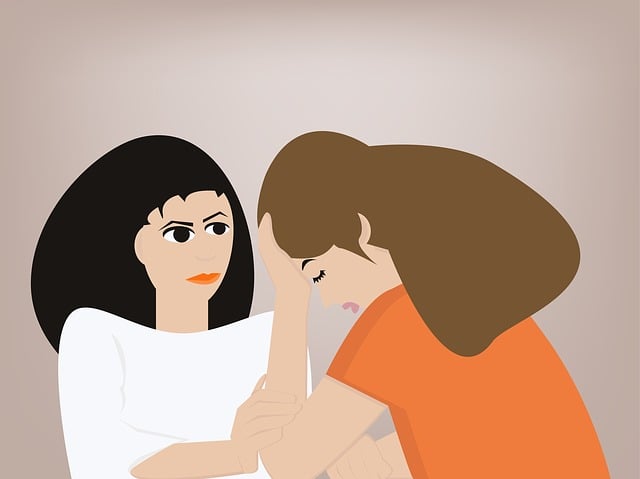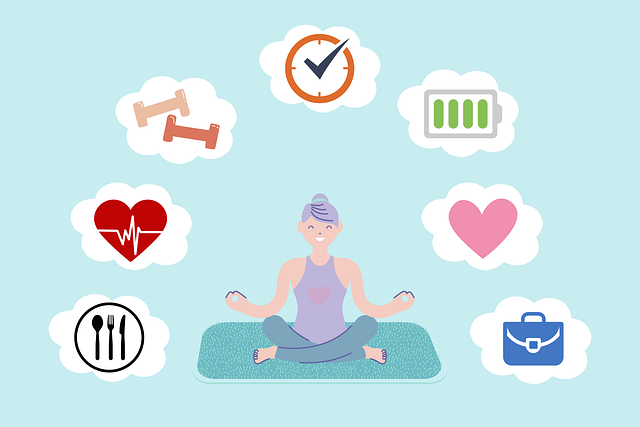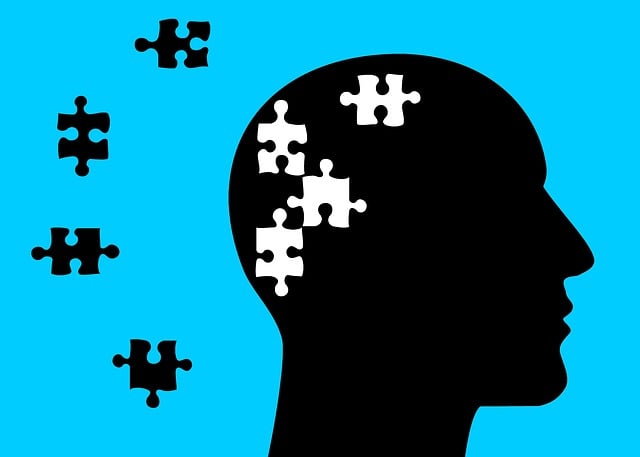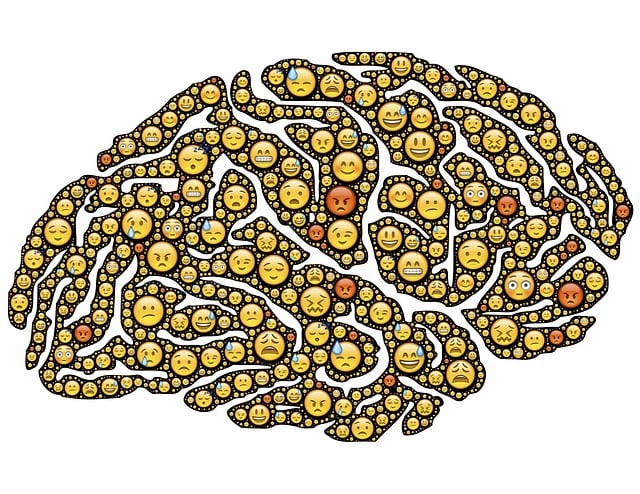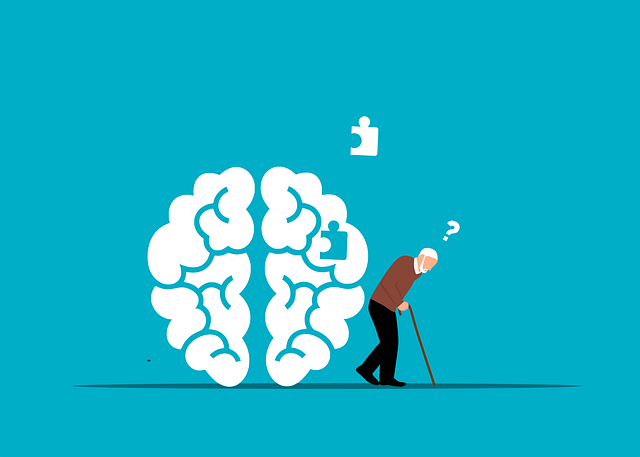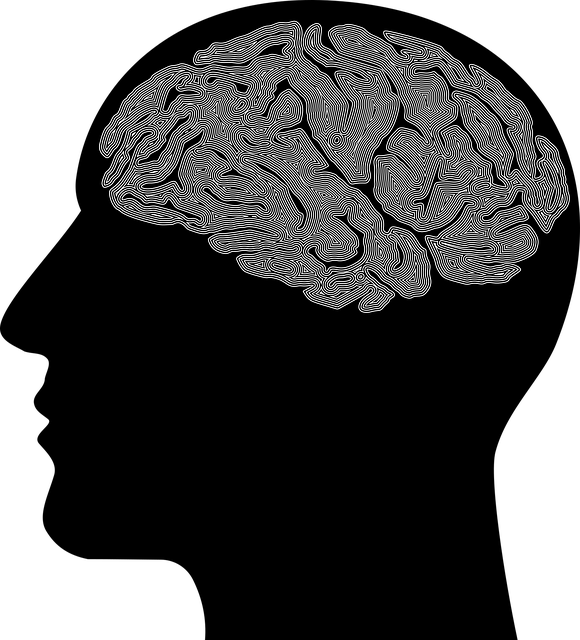Englewood Abuse Survivors Therapy (EAST) promotes understanding mental wellness needs through introspection, self-discovery, and practical tools like stress management workshops and podcasts. They emphasize tailored self-care routines, incorporating therapeutic techniques for post-trauma recovery, including compassion cultivation and mindfulness. This approach fosters emotional processing, personal growth, and long-term resilience, while normalizing self-care within communities through cultural competency training and public awareness.
“Uncover the path to thriving mental wellness with Englewood Abuse Survivors Therapy, offering a transformative journey of self-discovery. This article guides you through developing a personalized self-care routine, designed to empower individuals in their mental health recovery process.
We’ll explore the crucial steps of understanding your unique needs, delving into effective tools and techniques, and implementing strategies for long-term wellness. By the end, you’ll be equipped with the knowledge to create a sustainable self-care practice.”
- Understanding Your Mental Wellness Needs: A Journey to Self-Discovery
- Building Blocks of a Self-Care Routine: Tools and Techniques for Recovery
- Implementing and Sustaining Your Routine: Strategies for Long-Term Mental Health Support
Understanding Your Mental Wellness Needs: A Journey to Self-Discovery

Understanding your mental wellness needs is a crucial journey of self-discovery. Many individuals, especially those who have experienced trauma like Englewood Abuse Survivors Therapy clients, often struggle with recognizing their unique requirements for maintaining a healthy mind. This process begins with introspection—a deep look inward to identify triggers, emotional patterns, and coping mechanisms that work best for you. It’s about recognizing when you need to slow down, take a mental break, or seek professional support.
Englewood Abuse Survivors Therapy encourages clients to explore various self-care practices as part of their healing journey. Through the Mental Wellness Podcast Series Production and Stress Management Workshops Organization, individuals learn valuable techniques to manage stress and promote resilience. By participating in these activities, you can gain insights into your personal needs, develop a more profound connection with yourself, and create a tailored self-care routine that supports your mental wellness.
Building Blocks of a Self-Care Routine: Tools and Techniques for Recovery

Developing a self-care routine is a powerful tool for mental wellness, especially for those who have experienced trauma or abuse, like many individuals supported by Englewood Abuse Survivors Therapy (EAST). It involves cultivating a set of practices and habits tailored to nurture your mind, body, and spirit. The building blocks of such a routine include various therapeutic techniques that promote healing and personal growth.
One effective approach is incorporating compassion cultivation practices, which encourage self-love and understanding, fostering a safe space for emotional processing. Communication strategies play a vital role too; learning to express needs and boundaries healthily can significantly contribute to one’s recovery. Additionally, cultivating positive thinking through mindfulness or journaling can shift perspectives, reduce stress, and enhance overall well-being. These tools empower individuals to take charge of their mental health journey, ensuring they have the resources needed for long-term recovery and resilience.
Implementing and Sustaining Your Routine: Strategies for Long-Term Mental Health Support

Developing a mental wellness self-care routine is an empowering step towards improving your long-term mental health. However, maintaining this routine requires consistent effort and strategic planning. One effective approach is to integrate self-care activities into your daily or weekly schedule, treating them as non-negotiable appointments with yourself. This can involve allocating dedicated time for exercises like mindfulness meditation, journaling, or engaging in creative pursuits that bring you joy.
Englewood Abuse Survivors Therapy (EAST) emphasizes the importance of cultural competency training for healthcare providers to ensure inclusive and effective support. Similarly, public awareness campaigns focused on mental health can play a pivotal role in normalizing self-care practices within communities. By combining these strategies with personal coping skills development, individuals can build resilience and foster a sense of well-being that transcends short-term fixes. This sustained commitment to self-care becomes a powerful tool in managing stress, anxiety, and other mental health challenges over time.
In the journey towards enhancing mental wellness, developing a self-care routine is a powerful tool. Through understanding your unique needs and employing evidence-based techniques, as highlighted by Englewood Abuse Survivors Therapy, individuals can take control of their mental health. By implementing sustainable strategies, one can foster resilience and overall well-being. Embrace self-discovery, prioritize self-care, and let it be the foundation for a healthier, happier life.

